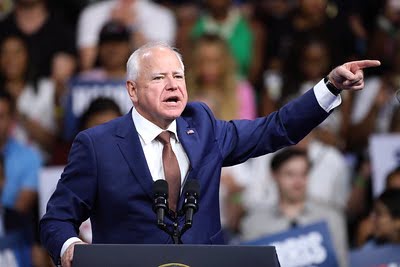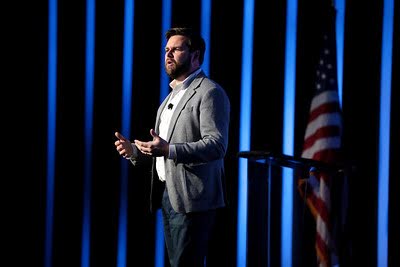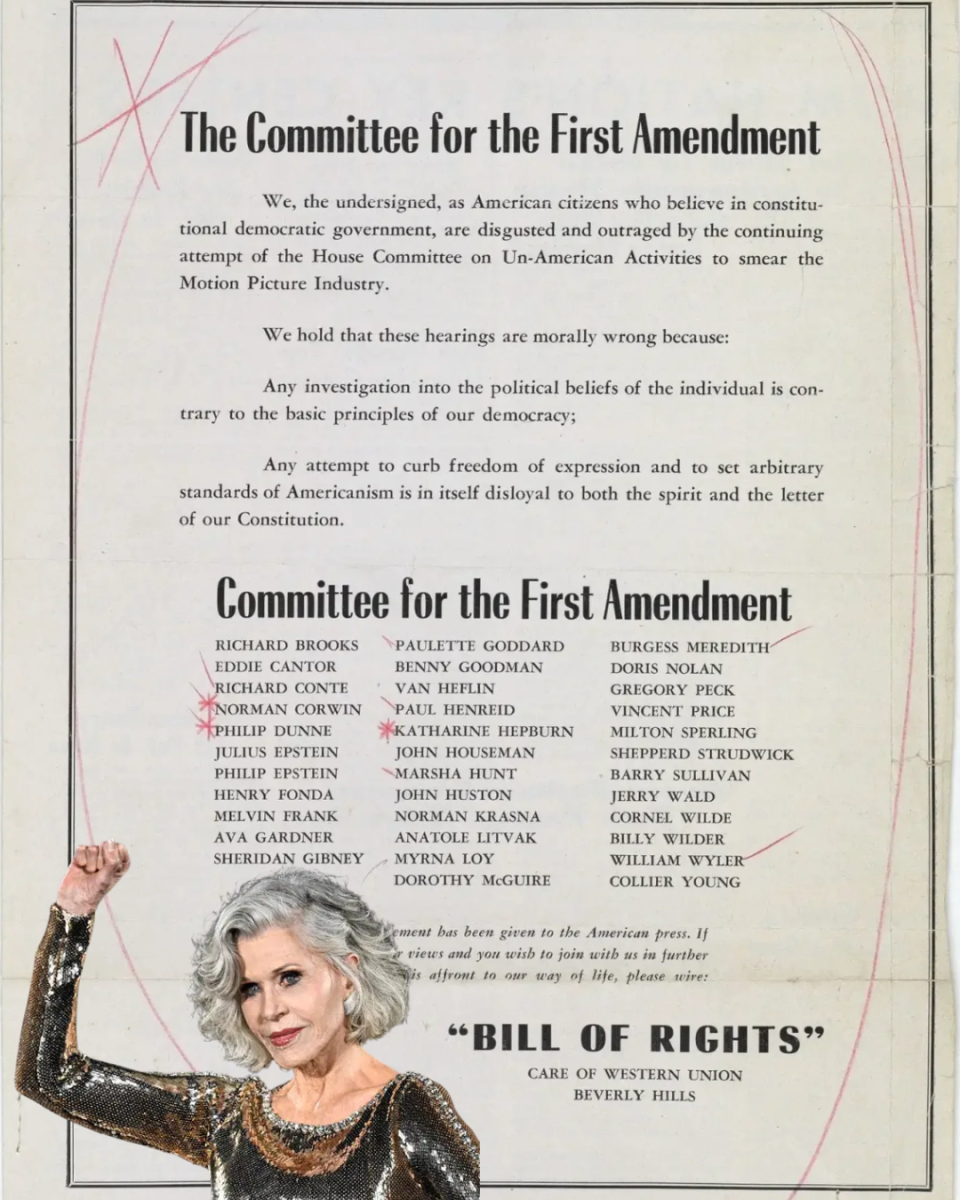October 1, 2024 marked the first and only debate between vice presidential candidates Tim Walz, Governor of Minnesota and the Democratic nominee, and JD Vance, Ohio Senator and the Republican nominee.
The two took to the debate stage at 9 p.m. EST, 6 p.m. PST at the CBS Broadcast Center in New York City. Approximately 43.2 million people tuned in.
The debate lasted 90 minutes and stayed focused on policy proposals with minimal insults and attacks, a stark contrast from the presidential debates that took place earlier this year.
What stood out to Tim Loveless, a social studies teacher at Ida B. Wells High School was “the civility and normalcy… Both candidates seemed to treat each other with respect and tried to find areas of agreement. That’s very different from the last five-plus presidential debates.”
Topics discussed included foreign policy, immigration, abortion and gun control.
The opening topic was about the recent Iranian attack on Israel and whether or not the candidates would support an Israeli strike on Iran. Governor Walz has less history of publicly discussing foreign policy and seemed hesitant and unsure at first. However, he quickly settled in and was much more confident throughout the rest of the debate.
When the topic turned to immigration, both candidates were able to get in clear messages. Vance openly supported the mass deportation of illegal immigrants, whom he repeatedly referred to as “illegal aliens.” He criticized Harris’ failure to close the southern border and praised Trump’s plan to “build a wall.”
Vance also brought up Springfield, Ohio, a controversial topic in the second presidential debate on September 10. The internet has replayed Donald Trump’s false claims of immigrants “eating the pets of the people that live there” thousands of times. Vance said Springfield was being overrun by illegal immigrants via “Kamala Harris’ open border.”
Walz responded by addressing the dehumanization of legal immigrants in Springfield and Trump’s failure to enact his “build a wall” plan.
“I believe Senator Vance wants to solve this, but by standing with Donald Trump and not working together to find a solution, it becomes a talking point, and when it becomes a talking point like this, we dehumanize and villainize other human beings,” Walz said.
Another topic discussed was abortion rights, which both candidates seemed in favor of. Vance historically supported a federal national abortion ban at 15 weeks but denied his approval when it was brought up in this debate. He also acknowledged the trust the Republican Party needs to regain in terms of reproductive rights.
“I want us as a Republican Party to be pro-family in the fullest sense of the word,” Vance said. “I want us to make it easier for moms to afford to have babies. There’s so much we can do on the public policy front just to give women more options.”
However, his words are vastly different from his and Trump’s past actions regarding abortion. Trump has called the overturning of Roe v. Wade a “beautiful thing” and spread false claims about the number of women getting abortions in the third trimester, disregarding medical emergencies and cases of rape/incest.
Walz’s response was simple. “We are pro-women. We are pro-freedom to make your own choice.”
A different retort from Walz that stood out to several news sites was when he asked Vance if Trump had lost the 2020 election. Vance didn’t give a response, instead deflecting and changing the topic. Walz said, “That’s a damning non-answer.”

The subject of gun control and gun violence was also brought up, another prominent and typically democratic issue. Both candidates were open about being gun owners but both acknowledged the “epidemic of violence” in and out of schools.
Vance attributed the growing surge of gun violence to criminals, illegal immigrants and mental health crises. Walz chose to focus on what he hoped to change instead of causation.
Vance recommended increased security in schools through stronger doors and windows and more campus security officers. Walz mentioned the need for background checks and research, as well as the potential stigmatization of those with mental health issues if that is seen as one of the contributing factors in this gun violence epidemic.
Both candidates agreed that there needs to be change. Walz shared a personal story about his son witnessing a shooting at a community center, to which Vance replied, “Christ have mercy. It is awful.”
Many people were interested to see Vance in the debate as his reputation is relatively mixed even in his own party. In the past, he’s compared Trump to Hitler and called him “unfit for the nation’s highest office,” drawing concerns from Republicans that he may be unable to give Trump the advice he needs to hear instead of the advice he wants to hear.
People were surprised to see a different Vance at the debate. “I was surprised at how respectful Vance was in a way that we’re not used to seeing, especially when it comes to some candidates in recent years. I think that kind of swayed some people,” said Sophie Lafrenz, a junior at Ida B. Wells.
“I think Vance did the most to improve his image. He came across as much more likable than he does in news coverage of his rally appearances,” said Loveless.

CBS News surveyed voters across America afterward, and 88 percent of viewers felt the tone of the debate was generally positive. 42 percent said JD Vance won, 41 percent said Tim Walz won and 17 percent saw it as a tie.
After the debate, Vance saw a 9 percent increase in favorability from 40 percent to 49 percent. Walz’s rating increased from 52 percent to 60 percent.
“They were both well prepared… Regardless of policy, JD Vance did a very convincing job for a lot of people, but in the end, I think Walz came in and won it,” said Madame Redrejo, the French teacher at Ida B. Wells.
In the past, the vice presidential debate has had little effect on the presidential election. However, it can still be advantageous and is a good way to showcase abilities and personas. The overall positive tone of this debate surprised many as both presidential debates earlier this year were full of personal attacks and outright lies.
It’s entirely likely that this debate may have a greater impact on the election than in previous years, due to the progress both Walz and Vance made in talking about politics instead of arguing with each other.
“I think we kind of forget that politicians are really good at being persuasive. Both sides are really good at putting on an image, said Lafrenz. “That’s what politics is.”









